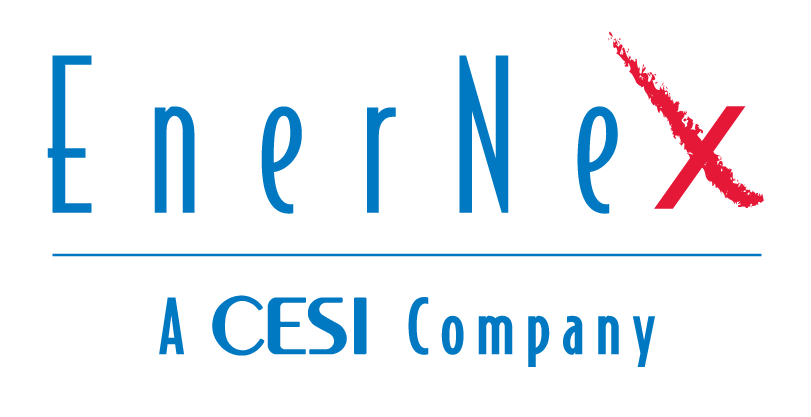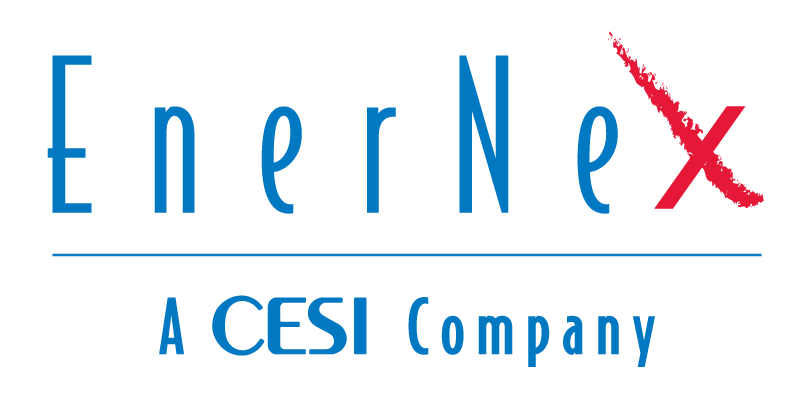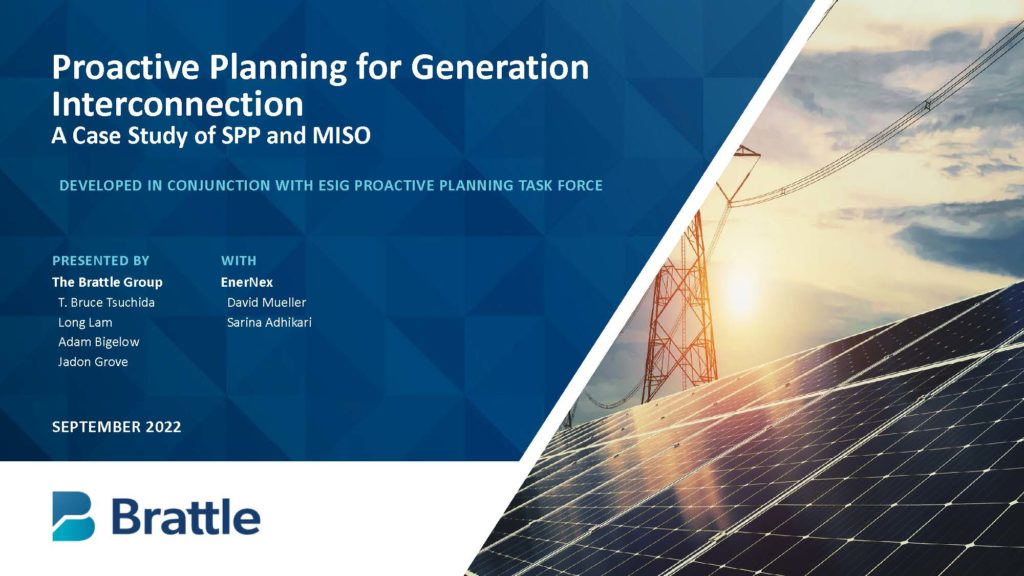EnerNex performed power system studies for the Energy Systems Integration Group (ESIG) that shows proactive generation interconnection planning can reduce system reinforcement costs significantly. Our studies evaluated generation interconnection costs of a medium level three-year study window, using PSSe cases to evaluate system reinforcements needed to support new generation in the base and N-1 contingency cases, on both the SPP and MISO systems. These evaluations were used in the ESIG study that found that increasing the proactiveness of the generation interconnection process by lengthening the time horizon, lowered generator costs.
ABOUT THE STUDY
There are more than 8,000 interconnection requests in the United States today, largely renewable energy projects, with potential generation surpassing the combined peak demand in the lower 48 U.S. states. Interconnection studies are performed to determine whether a new resource could overload the existing transmission infrastructure in a given location. Today, interconnection studies have a short-term focus, performed on a small set of new projects and focused on least-cost transmission upgrades that would ensure reliability over a short (five-year) horizon.
However, the continued growth of large-scale renewables requires longer-term transmission planning to identify transmission upgrade options that have the largest net benefits over longer time horizons of 10 to 20 years. To bridge the gap between the short-term focus of current interconnection processes and long-term transmission needs, a more proactive generation interconnection process is needed. A more proactive approach can involve (1) increasing the number of projects in an interconnection cluster study, by increasing either the window of time or the geographical area considered, and (2) improving coordination of the Affected Systems Study (AFS) process.
This study by the Brattle Group examined three levels of proactiveness and calculated the average cost of interconnection for each. Using the Southwest Power Pool (SPP) and Midcontinent Independent System Operator (MISO) regions as a case study, the study assessed (1) a lower level represented by common practices today of studying generation interconnection on an annual or semi-annual basis, (2) a medium level represented by a three-year study window, and (1) a higher level represented by the five-year window used by the SPP/MISO Joint Targeted Interconnection Queue (JTIQ) study.
The study found that increasing the proactiveness of the generation interconnection process, by lengthening the time horizon, lowered costs. The lower level of proactiveness studied showed $117/kW, the medium level of proactiveness showed $98/kW, and the higher level of proactiveness showed $58/kW. In addition to having the lowest interconnection costs, the higher level of proactiveness (JTIQ) quantified adjusted production cost benefits of $34/kW. The results showed that proactive generation interconnection planning can help bridge the gap between short-term generation interconnection studies and long-term transmission planning studies while reducing interconnection costs significantly.


